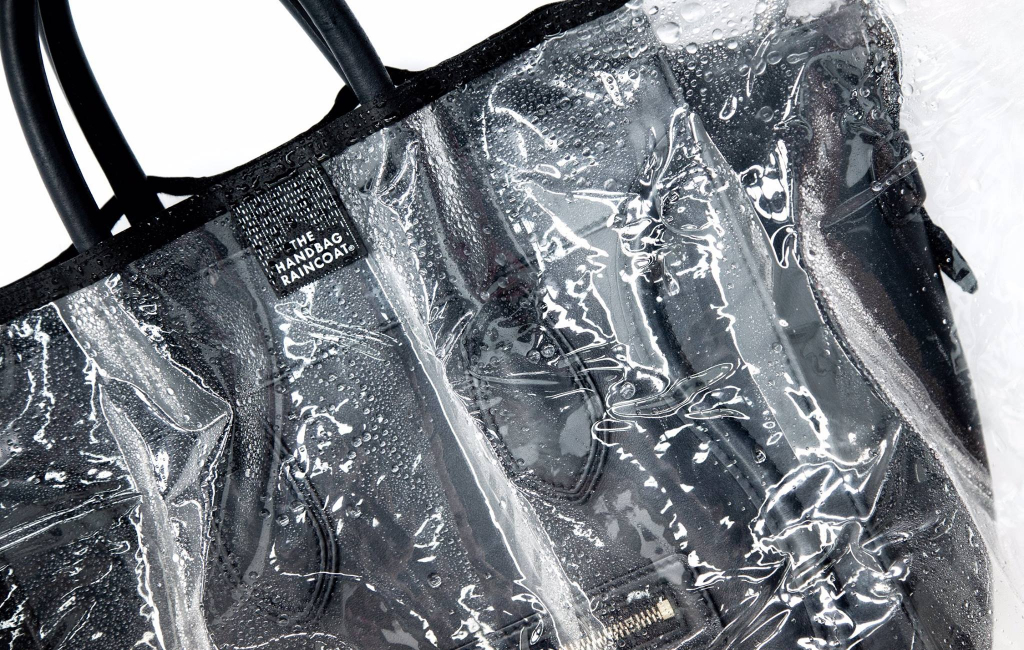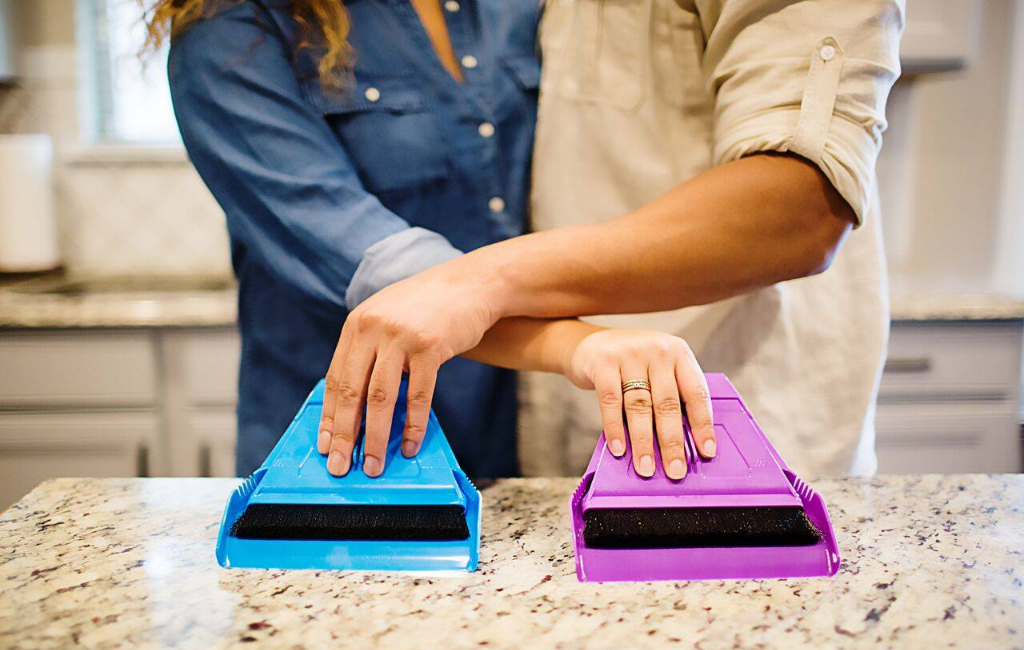The Kombucha Shop
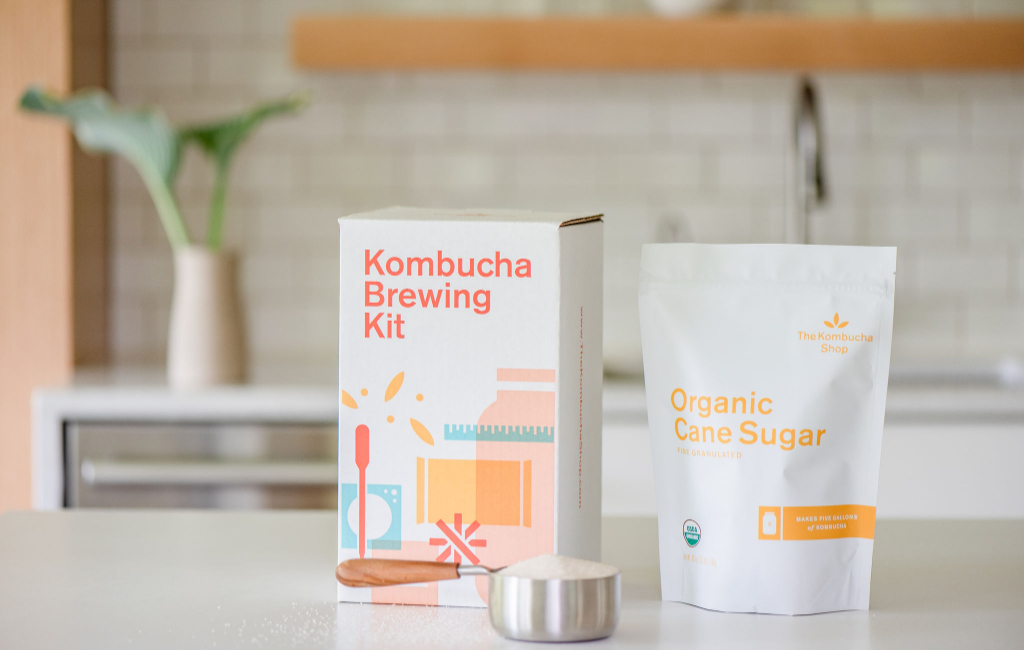

DEAL
EPISODE SUMMARY
🕓 Air Date: November 18, 2018
Asking For:
$350,000 for 10%
Investor:
Barbara Corcoran, Sara Blakely (50/50)
Deal:
$350,000 for 10%
PRODUCT SUMMARY
The Kombucha Shop offers a DIY kombucha brewing kit, making it easy and affordable for consumers to create the popular beverage at home.
WATCH HERE
IN A RUSH?
Click these to jump to the section you want to read.
Background Story
Kate Field, the founder of The Kombucha Shop, brings a unique blend of creativity and entrepreneurial spirit to her venture. Hailing from Madison, Wisconsin, Kate embarked on her kombucha journey with a keen eye for emerging trends and a passion for making healthy living accessible. Before diving into the world of kombucha, Kate had a background that wasn’t traditionally tied to the beverage industry. The genesis of The Kombucha Shop was sparked by Kate’s realization of the booming popularity of kombucha, a fizzy, probiotic-rich tea.
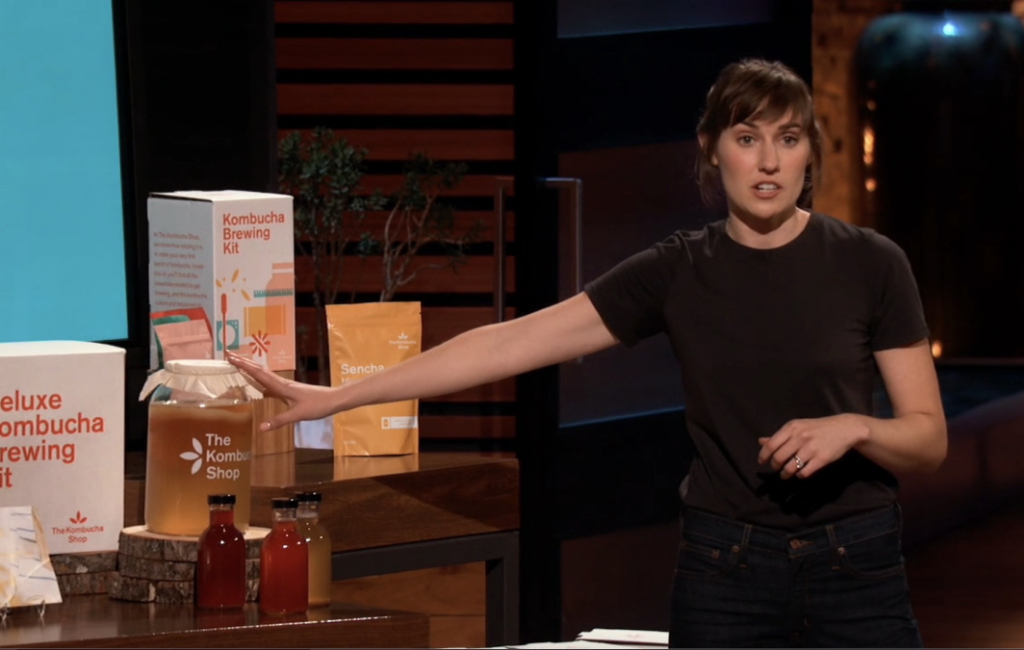
Recognizing the health benefits and the consumer demand for this beverage, Kate set out to address the barriers that hindered people from enjoying kombucha at home. She observed that store-bought kombucha came with a hefty price tag, and the home-brewing process seemed intimidating to many. With a desire to make kombucha brewing fun, approachable, and cost-effective, Kate founded The Kombucha Shop. Her vision was to transform what was perceived as a complex and slimy process into an enjoyable and easy-to-follow experience. The result was a brewing kit that not only simplified the kombucha-making process but also made it an affordable endeavor for consumers.
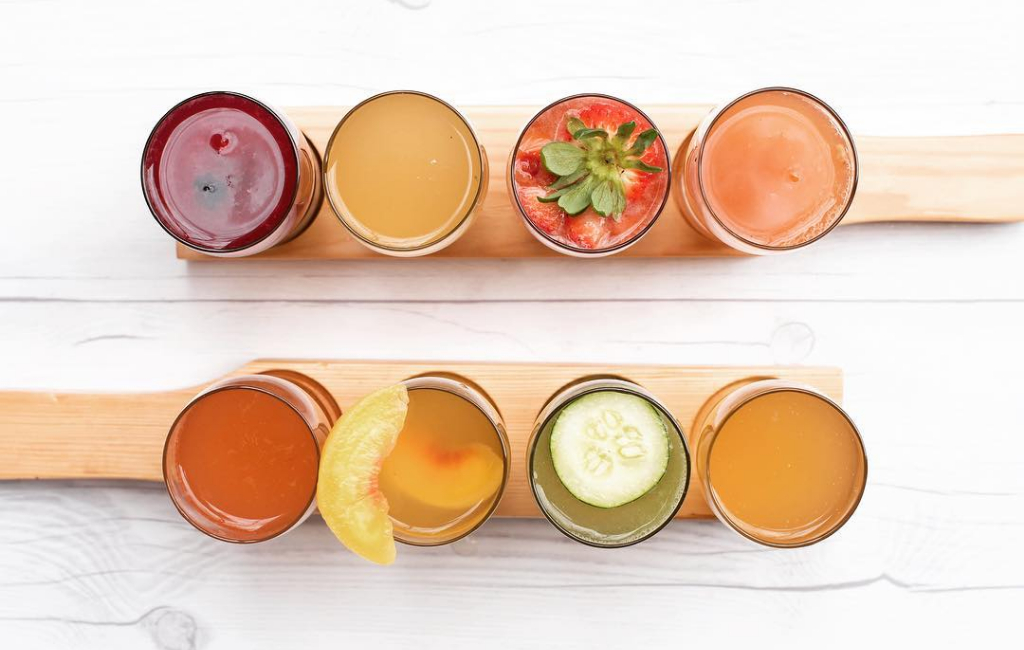
Kate’s entrepreneurial journey is a testament to her resourcefulness. Starting the company with just $800, she built The Kombucha Shop into a profitable and growing business. Her ability to identify market trends, coupled with a hands-on approach to product design, showcased her business acumen. The Kombucha Shop’s success lies not only in providing a quality product but also in Kate’s knack for understanding consumer needs and making a health-conscious lifestyle accessible to a broader audience.
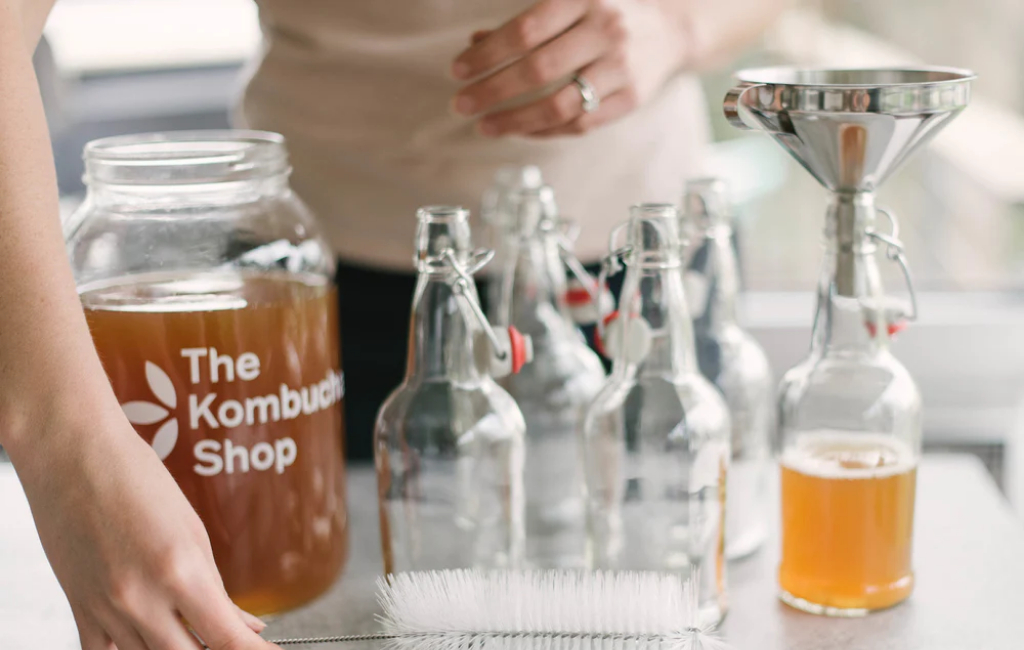
The Product
The Kombucha Shop’s flagship product is a comprehensive brewing kit that empowers consumers to create their own delicious and probiotic-rich kombucha at home. Priced at $45, the kit is not only cost-effective but also offers an engaging and user-friendly experience. The kit simplifies the kombucha brewing process into a few easy-to-follow steps. Users start by making sweet tea, then introduce the vital ingredient, the SCOBY (Symbiotic Culture of Bacteria and Yeast), contained in a convenient pouch. The kit includes detailed instructions, pH strips, a temperature gauge, and a cotton cover, ensuring a hassle-free fermentation process.
The Kombucha Shop’s brewing kit allows users to create their custom flavors, providing a personalized touch to the traditional kombucha taste. Beyond the primary goal of brewing kombucha, the kit promotes experimentation with different flavors, appealing to those seeking variety in their beverages. The kit offers numerous benefits, including the ability to produce kombucha at a fraction of the cost of store-bought alternatives.
With an emphasis on health-conscious living, the product aligns with the growing interest in probiotic-rich foods and beverages, promoting improved digestion and overall well-being.The Kombucha Shop’s kit stands out for its inclusivity, providing all the necessary components and guidance for successful brewing. From pH strips to temperature gauges, the kit ensures a foolproof experience for users, even those new to the world of kombucha. The product is available for purchase on multiple platforms, including Amazon and The Kombucha Shop’s official website.
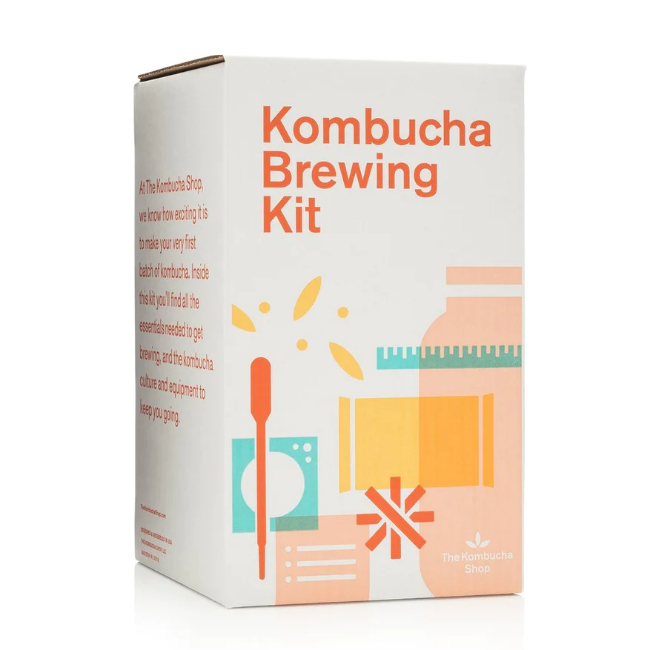
How It Went
The company’s position before Shark Tank
The Kombucha Shop has demonstrated robust health and a favorable position in the market, showcasing impressive growth and profitability. Founded by Kate Field in Madison, Wisconsin, the company has thrived as a predominantly online direct-to-consumer brand. Despite starting with a minimal initial investment of $800, The Kombucha Shop has achieved lifetime sales of $3.2 million, with a projected revenue of $1.6 to $1.7 million for the current year.
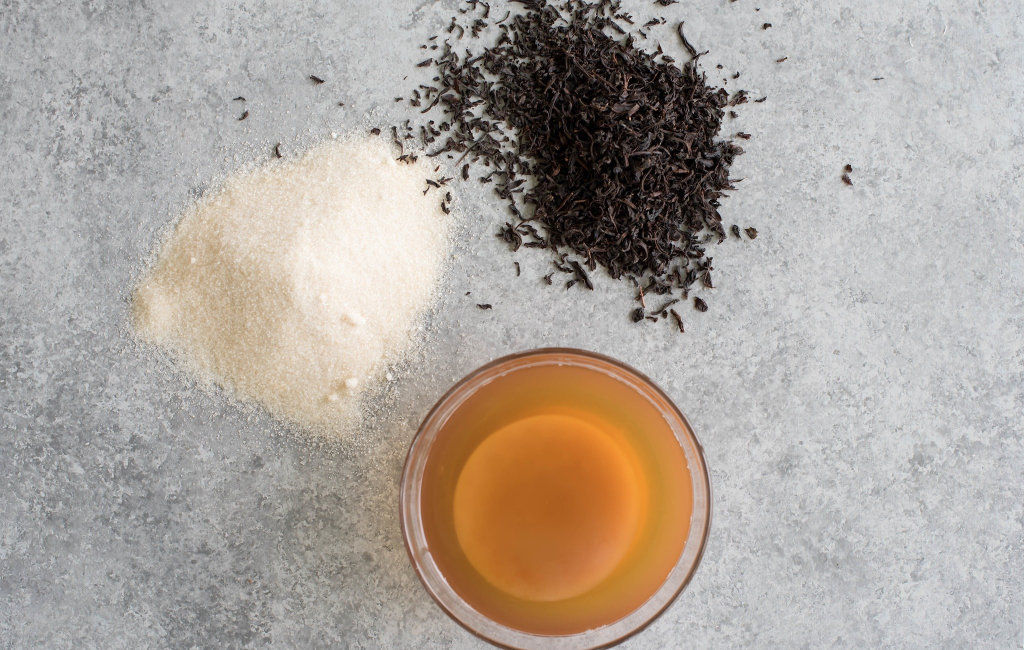
As for partnerships, The Kombucha Shop has strategically operated as a self-sufficient entity. Kate Field has been the driving force behind the company’s success, functioning as a one-woman show. The company’s direct-to-consumer model involves selling on major platforms like Amazon, on its official website, and through select brick-and-mortar stores. Notably, the absence of crowdfunding campaigns on platforms like Kickstarter or Indiegogo highlights the company’s ability to thrive organically without external financial support.
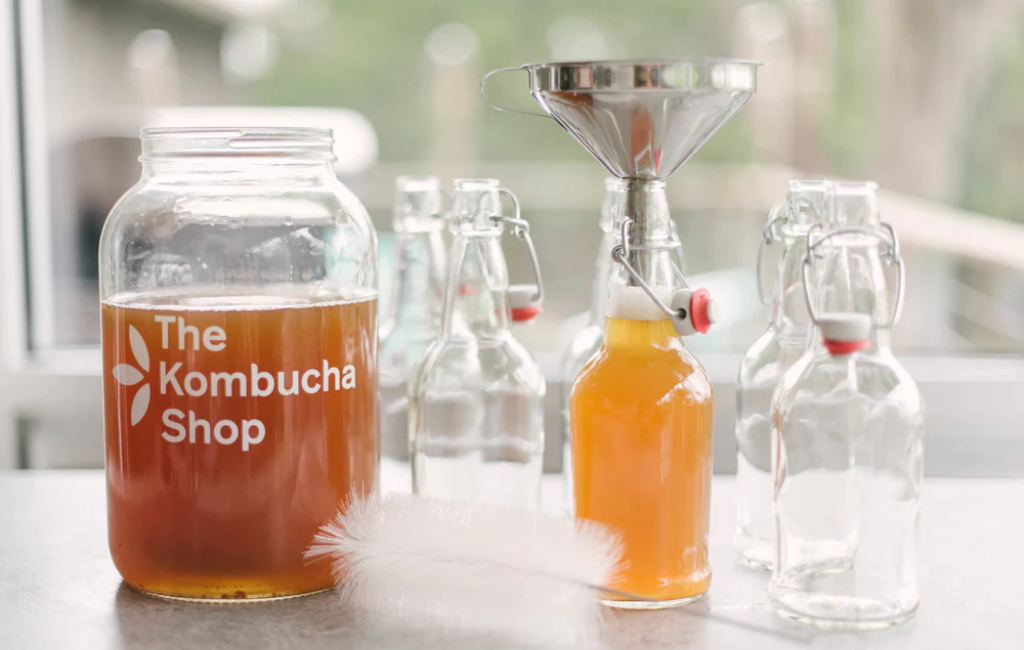
The customer base of The Kombucha Shop spans health-conscious individuals seeking an affordable and convenient way to enjoy probiotic-rich beverages. With a focus on online sales, the company has efficiently reached consumers directly, relying on word-of-mouth marketing rather than investing in paid advertising. Currently, The Kombucha Shop is seeking strategic partnerships to scale its operations. Kate Field’s pitch on Shark Tank indicates a specific interest in entering the retail space, with aspirations to be featured in stores like Whole Foods. This strategic move is fueled by the desire to reach a broader audience and stay ahead of emerging competitors. The Kombucha Shop’s current structure revolves around Kate Field as the founder and sole operator.
The Negotiations:
The negotiations for The Kombucha Shop on Shark Tank unfolded with a strong pitch from founder Kate Field, seeking $350,000 for a 10% equity stake in her company. The Sharks, initially intrigued by the unique DIY kombucha brewing kit, expressed concerns about the potential challenges of entering the retail space and the slim margins associated with it. Barbara Corcoran and Sara Blakely were the first to make an offer, proposing $200,000 in cash and $150,000 in a credit line for a 10% equity share. Kevin O’Leary, while acknowledging the company’s success, questioned the viability of retail margins and potential profitability.
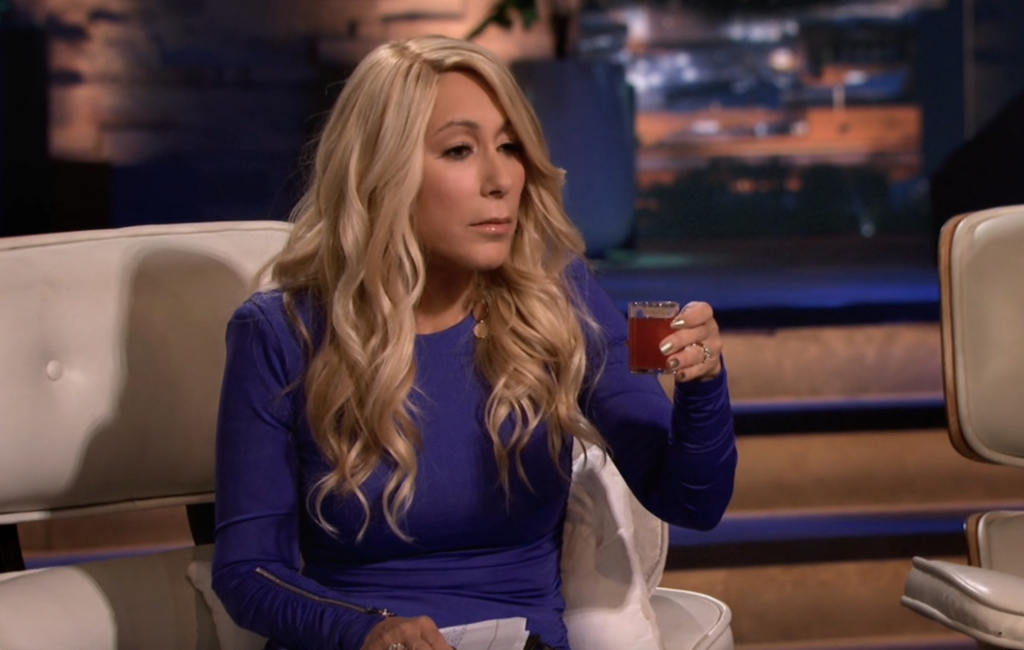
Mark Cuban, notably silent during the negotiation, expressed regret for not making an offer, citing his ability to secure Whole Foods placement with a single phone call. Ultimately, Kate accepted the joint offer from Barbara and Sara, securing the desired $350,000 investment for a 10% equity stake. The emotional moment was marked by Kate’s admiration for both investors, particularly Barbara’s acknowledgment of Kate’s aesthetic and health-conscious appeal. Mark’s regret for not making an offer highlighted the potential value he saw in The Kombucha Shop.
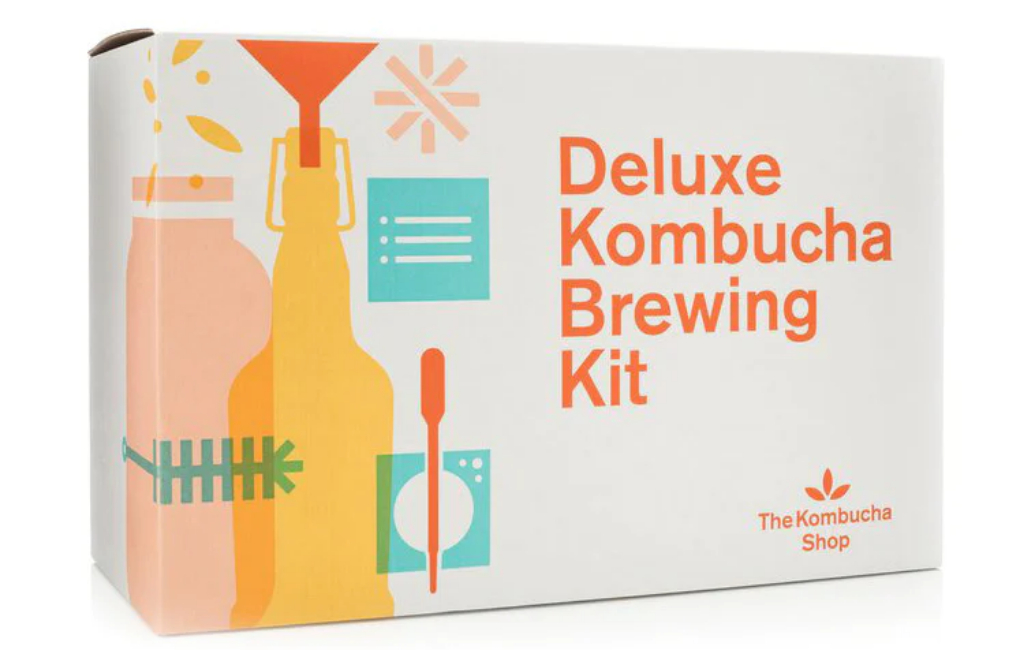
The negotiation showcased Kate’s determination to scale her business, with the infusion of capital and expertise from Barbara and Sara positioning The Kombucha Shop for rapid growth. The acceptance of the offer marked a significant milestone for the company, emphasizing the potential impact of strategic partnerships in navigating the challenges of retail and staying ahead in a competitive market.






